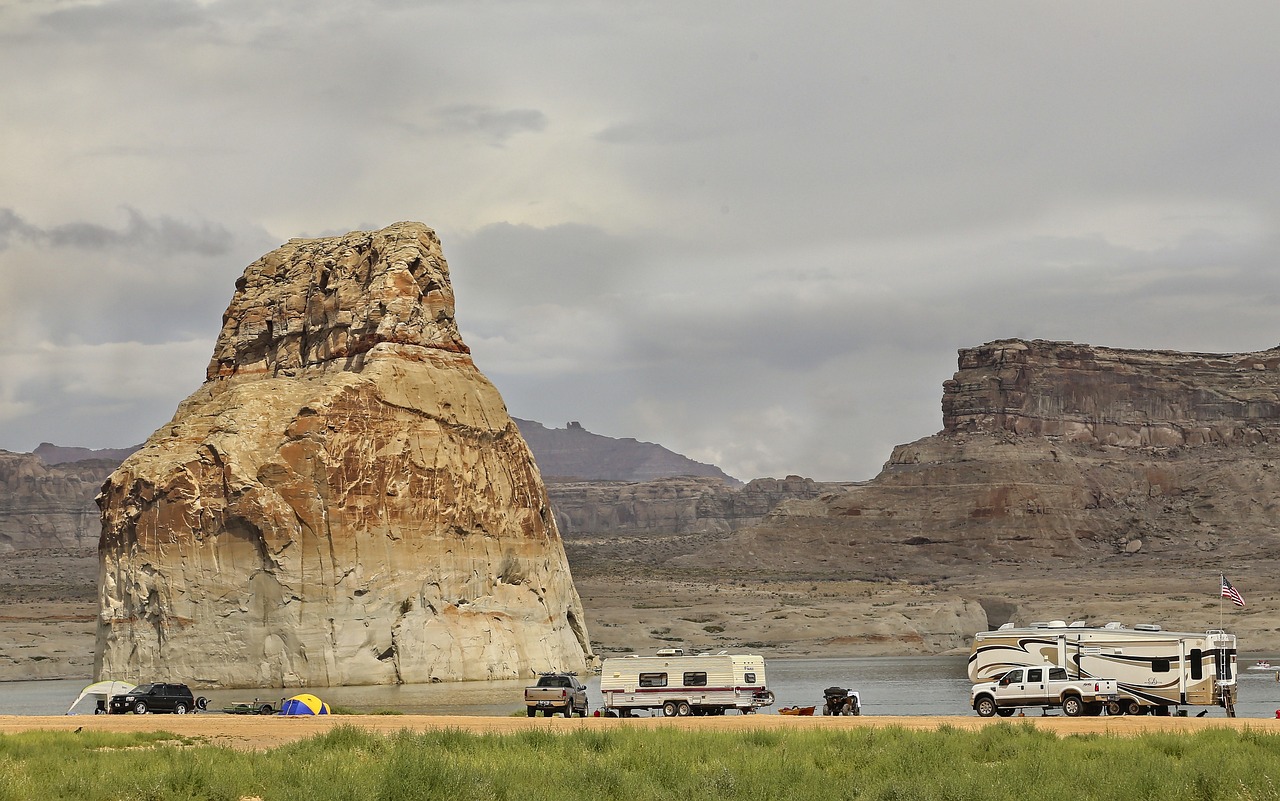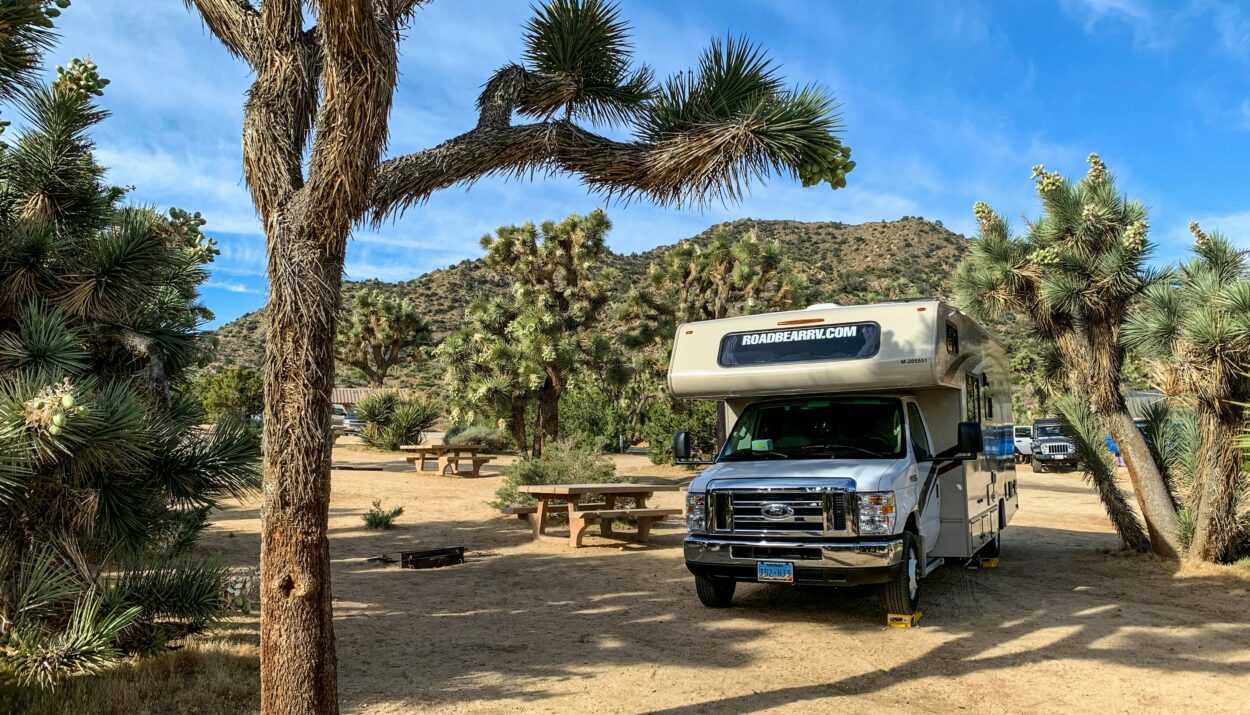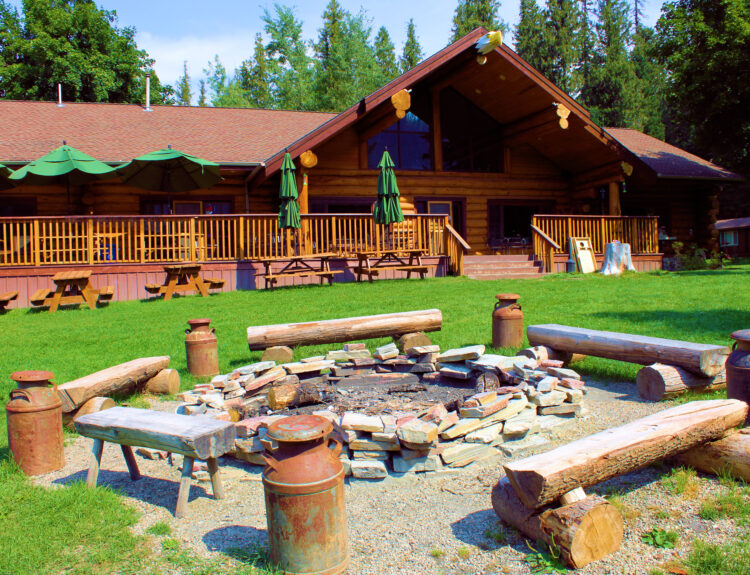California’s campground industry is experiencing a shift towards long-term stays, offering owners new opportunities for increased revenue and customer loyalty.
From defining what constitutes a long-term stay to examining the benefits and challenges of this trend, this article will provide insights for campground owners looking to capitalize on this growing market.
Discover the rise of long-term stays in California, the factors driving this trend, and best practices for attracting and retaining long-term guests.
What is a Long-Term Stay?
A long-term stay refers to an extended period where individuals or families reside in accommodations for weeks, months, or even years, offering a home-away-from-home experience.
During long-term stays, people often choose this type of arrangement for various reasons such as work assignments in a different city, temporary relocations, extended vacations, or simply as a way to immerse themselves more fully in a particular location.
The benefits of long-term stays include cost-saving opportunities compared to daily hotel rates, the comfort and convenience of a fully furnished space, the ability to establish routines in a familiar setting, and a more authentic experience of living like a local.
Guests often expect amenities such as fully equipped kitchens, laundry facilities, and access to communal spaces to enhance their comfort and convenience during their extended stay.
In places like California, with its diverse landscapes and attractions, the long-term stay market caters to individuals seeking an extended visit, whether for business, leisure, or personal reasons.
Factors Contributing to Increase in Long-Term Stays in California Campgrounds
California has seen a significant rise in long-term stays in campgrounds, driven by several interrelated factors.
Housing Prices
One of the primary reasons is the state’s high housing prices. With skyrocketing real estate prices and a limited supply of affordable housing, many Californians are turning to campgrounds as a more viable and cost-effective living solution.
Remote Work Revolution
The growing trend of remote work also plays a crucial role. As more companies embrace flexible work arrangements, employees find themselves untethered from traditional office spaces. This newfound freedom allows individuals and families to explore long-term stays in scenic campgrounds while maintaining their professional responsibilities.
The allure of living amidst nature, combined with the convenience of modern connectivity, makes long-term camping an attractive option for remote workers.
Van Life and RV Living Culture

Furthermore, the rise in popularity of the “van life” and RV living culture has significantly contributed to this trend. Social media platforms are replete with influencers and everyday people showcasing their nomadic lifestyles.
This cultural shift has inspired many to adopt a minimalist lifestyle, prioritizing experiences over material possessions. As a result, long-term campground stays in California have become a popular choice for those seeking adventure and a deeper connection with nature.
Economic Factors
Economic factors cannot be overlooked either. The financial uncertainties brought about by the COVID-19 pandemic have led people to seek more affordable living options. Campgrounds offer a lower-cost alternative to traditional housing, providing essential amenities at a fraction of the cost. This economic appeal has made long-term camping an attractive option for individuals and families looking to stretch their budgets further.
Environmental Consciousness
Lastly, environmental consciousness is a driving factor. Many individuals are becoming more aware of their environmental footprint and are seeking sustainable living options. Campgrounds, with their emphasis on minimalism and eco-friendly practices, align well with this growing environmental awareness. Long-term stays allow people to live more sustainably, reducing their impact on the planet.
As these factors continue to evolve, the trend of long-term campground stays is likely to persist and expand further.
The Benefits of Offering Long-Term Stays for California Campground Owners
The strategic shift towards long-term stays not only meets the growing demand for extended accommodations but also presents numerous benefits for the campground owners. Here are several key advantages of providing long-term stays.
Steady Revenue Stream
Unlike short-term campers who may stay for a weekend or a week, long-term guests commit to months or even entire seasons. This consistency in occupancy translates to predictable income, allowing campground owners to better manage their finances and plan for the future. It mitigates the impact of seasonal fluctuations and provides a buffer against periods of lower short-term occupancy.
Reduced Operational Costs
With fewer check-ins and check-outs, there is less wear and tear on facilities, which can decrease maintenance and repair expenses. Additionally, fewer turnover tasks for staff, such as cleaning and site preparation, can result in lower labor costs.
This efficiency allows campground owners to allocate resources more effectively, focusing on enhancing the overall guest experience rather than managing frequent turnovers.
Enhanced Community and Customer Loyalty
Long-term guests often become part of a close-knit community within the campground. This sense of community can enhance the overall atmosphere, making the campground more appealing to both long-term and short-term guests.
Campground owners benefit from increased customer loyalty as long-term guests are more likely to return year after year and recommend the campground to others. Building strong relationships with these guests can lead to positive word-of-mouth marketing and higher retention rates.
Stability in Off-Peak Seasons
Campgrounds typically experience a drop in occupancy during off-peak seasons. By offering long-term stays, campground owners can maintain higher occupancy rates throughout the year. Long-term guests, such as retirees or remote workers, often prefer the quieter, off-peak times, providing stability and revenue during what would otherwise be slower months.
Opportunities for Upselling and Additional Services
Long-term guests, due to their extended stays, are more likely to utilize additional services and amenities offered by the campground. This creates opportunities for upselling and generating additional revenue.
Services such as laundry facilities, Wi-Fi access, and organized activities can be marketed to long-term guests, who are more inclined to invest in comfort and convenience during their stay.
Positive Environmental Impact
Encouraging long-term stays can have a positive environmental impact. Long-term guests typically have lower daily transportation needs, reducing the overall carbon footprint associated with frequent travel.
Additionally, they are more likely to engage in sustainable practices, such as recycling and minimizing waste, as they settle into a routine similar to home life. Campgrounds that promote long-term stays can thus contribute to environmental sustainability while also appealing to eco-conscious campers.
By understanding and leveraging these advantages, campground owners can create a thriving, loyal customer base while enjoying the financial and operational rewards of long-term occupancy.
Challenges and Considerations for Campground Owners
As campground owners in California explore the long-term stay market, they must navigate several challenges and considerations to ensure their ventures are successful. Understanding and addressing these factors can help them effectively cater to the growing demand for extended accommodations.
Regulatory Compliance
One of the foremost challenges is regulatory compliance. Long-term stays often fall under different zoning and housing regulations compared to short-term camping. Campground owners must familiarize themselves with local laws and ordinances, which can vary significantly from one region to another.
Ensuring that their campgrounds are in compliance with these regulations is crucial to avoid potential legal issues and fines.
Infrastructure and Amenities

To attract and retain long-term guests, campgrounds need to provide suitable infrastructure and amenities. This includes reliable utilities such as electricity, water, and sewage systems.
Additionally, amenities like high-speed internet, laundry facilities, and recreational areas are essential for long-term campers. Investing in these improvements can be costly, but they are necessary to meet the expectations of guests who plan to stay for extended periods.
Financial Management
While long-term stays offer a steady revenue stream, they also require effective financial management. Campground owners must balance the initial investment in infrastructure upgrades with the potential long-term returns.
Budgeting for ongoing maintenance and operational costs is critical to ensure the financial viability of offering long-term stays. Proper financial planning can help mitigate risks and optimize profitability.
Managing Long-Term Guests Alongside Short-Term Guests
Balancing the needs of long-term and short-term guests can be challenging but is crucial for maintaining harmony and guest satisfaction.
Zoning different areas for long-term and short-term stays can help manage expectations and reduce potential conflicts. Clear communication regarding campground rules and policies is essential to ensure all guests understand what is expected of them.
Long-term guests may require different amenities and services compared to short-term visitors, so campground owners should consider customizing offerings for each group. For instance, long-term guests might appreciate more storage options, while short-term guests may prioritize recreational activities.
Creating designated community spaces for socializing can encourage interaction and foster a sense of belonging among all guests. Additionally, organizing events and activities that cater to both groups can enhance the overall guest experience and build a cohesive community.
Best Practices for Attracting and Retaining Long-Term Guests
Attracting and retaining long-term guests is crucial for campground owners in California looking to capitalize on the growing demand for extended stays. By implementing a strategic approach, campground owners can create a welcoming environment that encourages guests to settle in for the long haul.
Provide Competitive Pricing and Flexible Payment Options
Competitive pricing is a key factor in attracting long-term guests. Offering discounts for extended stays, such as weekly, monthly, or seasonal rates, can make your campground more appealing. Flexible payment options, including installment plans or auto-pay systems, can also ease the financial burden for long-term guests and encourage commitment.
Create a Welcoming Community Environment
Building a sense of community is vital for retaining long-term guests. Organize regular social events, such as potlucks, game nights, and outdoor activities, to foster interaction among guests. Establishing communal spaces where guests can gather and socialize can enhance their experience and make them feel more at home.
Implement Robust Customer Service
Ensure your staff is trained to address the unique needs of long-term guests promptly and professionally. Regularly check in with guests to address any concerns and gather feedback. Personalized service can go a long way in making long-term guests feel valued and appreciated.
Ensure Safety and Security
Safety and security are top priorities for long-term guests. Ensure your campground is well-lit and has secure entry and exit points. Implement safety protocols and emergency procedures to protect your guests. Having a visible and responsive security presence can provide peace of mind for long-term guests and enhance their overall experience.
Maintain Clear Communication
Clear and transparent communication is crucial for managing long-term stays. Clearly outline your policies, rules, and expectations for long-term guests to avoid misunderstandings. Provide detailed information about your campground’s amenities, services, and any available discounts or special offers. Regularly update guests about any changes or upcoming events to keep them informed and engaged.
Gather and Act on Feedback
Soliciting guest feedback is essential for continuous improvement. Use surveys, suggestion boxes, and direct conversations to gather insights from your long-term guests. Act on this feedback to make necessary improvements and show your guests that their opinions are valued and taken seriously.
Leverage Digital Marketing
Utilize digital marketing to reach potential long-term guests.
Use social media platforms to engage with your audience and promote events and activities that highlight the benefits of long-term stays.
A well-designed website showcasing your campground’s amenities, special rates for extended stays, and testimonials from satisfied long-term guests can be very effective.
To help RV parks create high-quality websites, RoverPass created a solution called Premium Website Builder. Our skilled team of writers, designers, and developers can help you create a website that is fully equipped to boost your traffic, attract more leads, and increase your revenue.
Additionally, the premium website can be directly integrated with our campground reservation software, effectively serving as your 24/7 sales team.
Frequently Asked Question
- How does the long-term stay market benefit campground owners in California? The long-term stay market can be a lucrative source of income for campground owners in California. Extended stays mean longer reservation periods, which can result in more stable and consistent revenue for the campground.
- What are some key insights for campground owners looking to tap into the long-term stay market in California?
Some key insights for campground owners include understanding the target demographic, offering amenities and services that cater to long-term guests, and creating attractive long-term stay packages with reasonable pricing.
- What are some popular long-term stay destinations in California for campground owners?
Some popular long-term stay destinations in California include national parks, coastal areas, and mountain regions. These locations offer a variety of outdoor activities and scenic views, making them appealing to long-term guests.
- How can campground owners ensure the best experience for long-term guests in California?
Campground owners can ensure the best experience for long-term guests by providing top-notch facilities and services, maintaining a clean and safe environment, and creating a sense of community among long-term guests.
- What are some challenges that campground owners may face in the long-term stay market in California?
Some challenges that campground owners may face include competition from other lodging options, seasonality, and managing long-term guests who may have different needs and expectations compared to short-term guests.
Keep reading our blog for more valuable insights and strategies to elevate your campground business.





